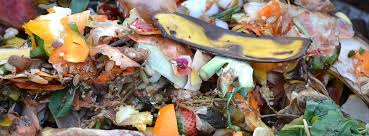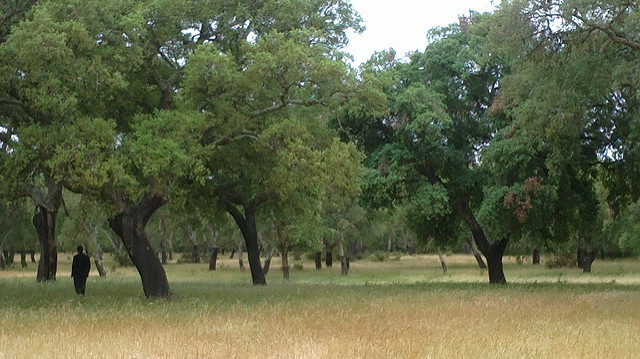I was pleased to be invited to give a talk at the EIT Food conference on the future of food last Thursday where the organisers had given me the very ambitious title at the head of this post. I reproduce below the talk as I presented it, with one small modification. The great advantage of attending a conference of this kind is that one is alerted to new perspectives and new angles and, in the light of listening to some of the other excellent contributions to the conference, I slightly nuanced one of my conclusions below (I note the specific change at the end of this post).… Read the rest
Price formation in the market for organic products
The Dutch Authority for Consumers and Markets (ACM, the competition authority) has recently published the second of a series of reports intended to examine if there are market failures that would hinder the development towards sustainable agriculture. Both the 2020 Agro-Nutri Monitor and the 2021 Agro-Nutri Monitor contain an English language summary on which this post is based. The reports are based on research undertaken by Wageningen Economic Research on behalf of ACM.
The reports focus on the markets for organic products, while recognising that there are other sustainability labels in the Dutch retail sector. Given the ambition in the Farm to Fork Strategy to increase the area under organic agriculture to 25%, the question asked by the ACM is of wider European interest.… Read the rest
Agriculture in the European Green Deal
The Commission published its Communication on the European Green Deal in mid-December 2019. Previously flagged in Commission President von der Leyen’s Political Guidelines for the new Commission, it defines the key political objectives of the new Commission for the next five years.
The headline commitment is to make Europe the first climate-neutral continent by 2050 (while conflating the EU with Europe may seem like over-reach by the Commission, it should be remembered that other European countries, most recently Switzerland, either participate in or are linked to the EU Emissions Trading Scheme and the UK government’s preference is that it will remain associated after Brexit).… Read the rest
The start of von der Leyen’s Commission Presidency
Ursula von der Leyen, then the German Minister for Defence, emerged as the surprise choice of the European Council leaders at their meeting on 21 June 2019 following their inability to agree on any of the Spitzenkandidaten. After an amazingly short period to read herself into the brief, she presented her Political Guidelines for the new Commission and summarised these in her oral presentation as part of her confirmation hearings in front of the European Parliament on July 16 2019.
Leaders of four of the Parliament’s political groups (the EPP, S&D, Renew Europe and the Greens, sometimes called the pro-EU parties to distinguish them from the more Eurosceptic parties both on the left and on the right – it is a handy tag though I am not comfortable using that description which is inherently exclusionary) had attempted to come together and, for the first time, to forge a common political platform and a common candidate for the Commission Presidency.… Read the rest
Karl Falkenberg’s reflections on the CAP
Karl who, you might well ask? Well, Mr Falkenberg has just published a reflections paper setting out a European vision for sustainability which goes into some detail about his views on the future of EU agricultural policy. Indeed, one-fifth of his relatively short document is devoted to this topic. You might well shrug that yet another viewpoint added to the hundreds of others (including those aired on this blog) discussing how Europe’s Common Agricultural Policy should be reformed after 2020 is hardly worth getting exercised about. But Mr Falkenberg’s views may deserve more attention than most.
After all, Mr Falkenberg spent more than six years as Director-General in DG ENVI after a distinguished career in the Commission civil service including a stint as Deputy Director-General in DG TRADE.… Read the rest
Leaked Commission figures sound death knell for biodiesel
Euractiv has a post purporting to contain the default carbon emission values to be assigned to biofuels made from feedstocks such as palm oil, soybean or sugar beet when the European Commission releases its proposed legislation on biofuels and indirect land use change later this spring, based on a leaked draft of the proposal.
Any application of the leaked values would severely hamper the ability of biodiesel manufacturers to enter into the EU’s new biofuels certification plan, announced last August.
Assuming that the EU does not relax its overall target for renewable energy in transport fuel (10% by 2020), if biodiesel fails to make the grade this would raise the demand for bioethanol made either from domestically-produced sugar beet or imported either from Brazil or Southern Africa.… Read the rest




